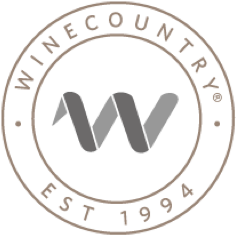One hour north of San Francisco, all of life’s greatest indulgences—wine, food, relaxation, and adventure—can be experienced all at once in Napa Valley, one of the top Wine Country destinations in the world.
Thirty miles long and five miles wide, this small slice of heaven is home to more than 500 wineries throughout a collection of six quaint towns: Napa, Yountville, Oakville, Rutherford, St. Helena, and Calistoga. Each has its own personality and places to discover; from Napa’s urban wine trail to Yountville’s renowned dining scene to Calistoga’s detoxifying hot springs, there’s something for every kind of traveler, whether you’re a oenophile, foodie, adventurist, or self-care aficionado.
There’s also no bad time to visit Napa Valley. While September and October are the busiest and warmest months, offering the chance to experience the annual grape harvest in action, the winter months have their own appeal. It’s quiet, uncrowded, and not too chilly, with temperatures mostly in the 50s and 60s. Plus, many hotels offer hard-to-beat off-season rates. Your best chance of rain is in the spring, but the blooming fields of bright, yellow mustard also make it one of the most Instagram-worthy seasons to plan a trip.
Whenever you do decide to pack your bags and pay Napa Valley a visit, we’ve put together the perfect itinerary for the first time visitor, covering all of the “must do’s” over a long weekend trip.


























